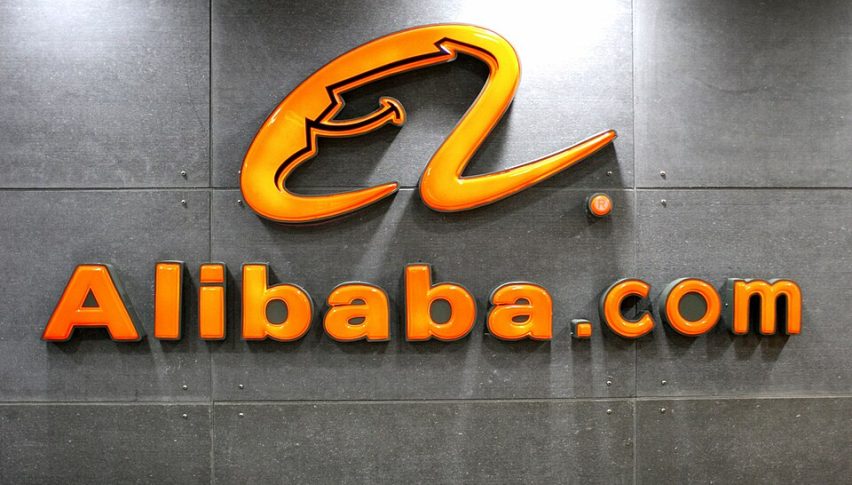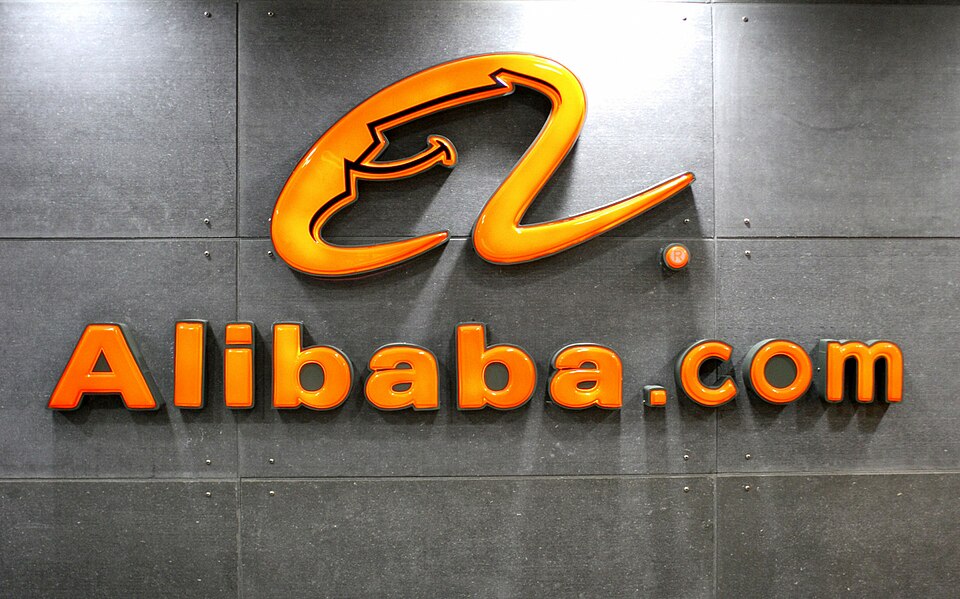
Quick overview
Alibaba, China’s e-commerce and cloud-technology giant, delivered stronger-than-expected third-quarter results, powered by surging demand for artificial intelligence that sharply boosted its cloud business.
 Alibaba’s AI bet pays off.
Alibaba’s AI bet pays off.
The company reported 247.8 billion yuan in revenue for the quarter ending September 30, slightly beating Wall Street estimates. But the standout was its Cloud Intelligence unit, which posted a 34% year-over-year increase to 39.8 billion yuan, underscoring how closely Alibaba’s strategy is now tied to the boom in AI-driven cloud computing.
AI spending fuels Alibaba’s momentum
CFO Toby Xu said the company deployed more than 120 billion yuan in capital expenditures over the past four quarters to expand its AI and cloud infrastructure.
“AI-related billings now account for a growing share of our external cloud business,” Xu noted, adding that Alibaba is “reinvesting profits and free cash flow into the future,” even if short-term margins remain volatile.
CEO Eddie Wu reinforced the AI-centric strategy: “This quarter, our focus on consumption and AI + cloud delivered strong growth. Our decisive investment in the instant-commerce business reached key milestones and strengthened our position with consumers.”
Wu added that Alibaba will remain focused on its “core businesses” while continuing to push AI and cloud as a long-term growth engine.
Wall Street reacts positively
The strong cloud results come as Alibaba is willing to sacrifice margins to capture the AI wave. While adjusted earnings were pressured by heavy infrastructure spending, the company views these investments as essential—and earlier this year committed to spending 380 billion yuan over the next three years on AI and cloud infrastructure.
Markets welcomed the strategy. Investors see Alibaba not only reinforcing its traditional commerce operations but also emerging as a serious contender in the fast-growing AI-powered cloud market.
Although high investment costs will restrain profitability in the near term, many analysts believe the real payoff lies in Alibaba’s push to build a deep, long-term technology infrastructure foundation.
Related Articles
